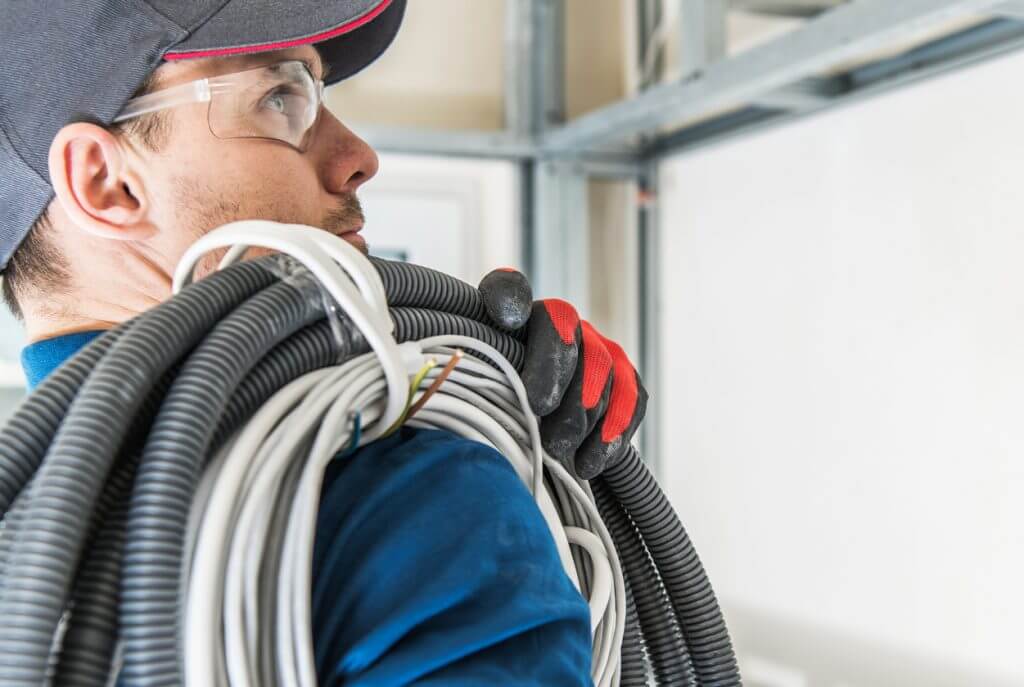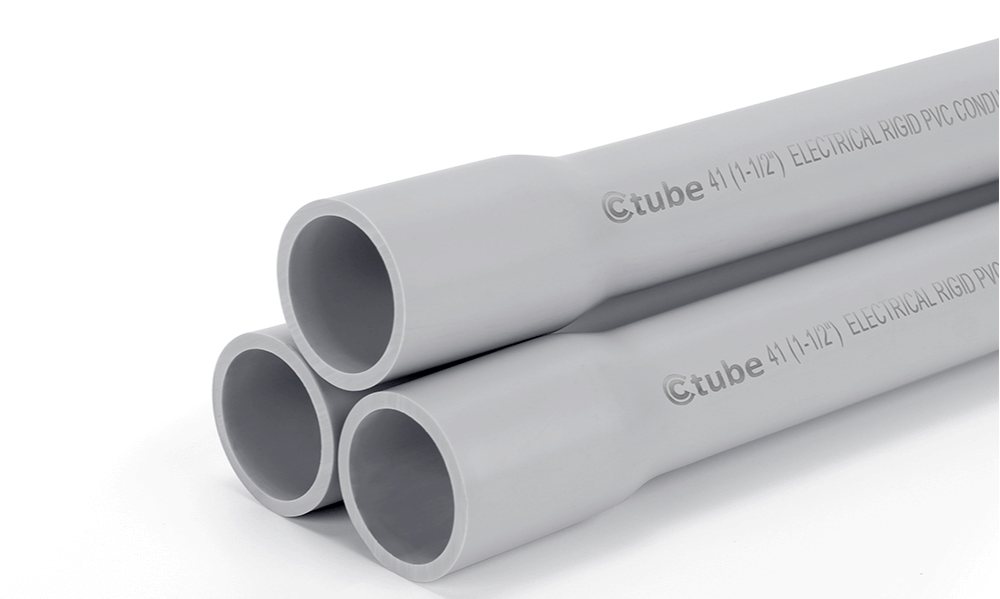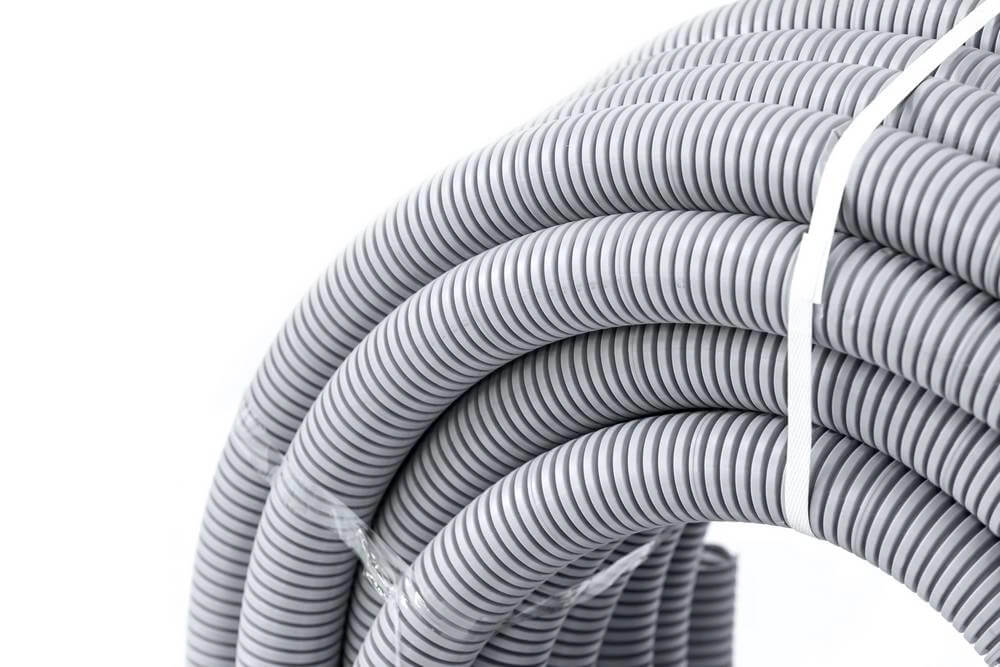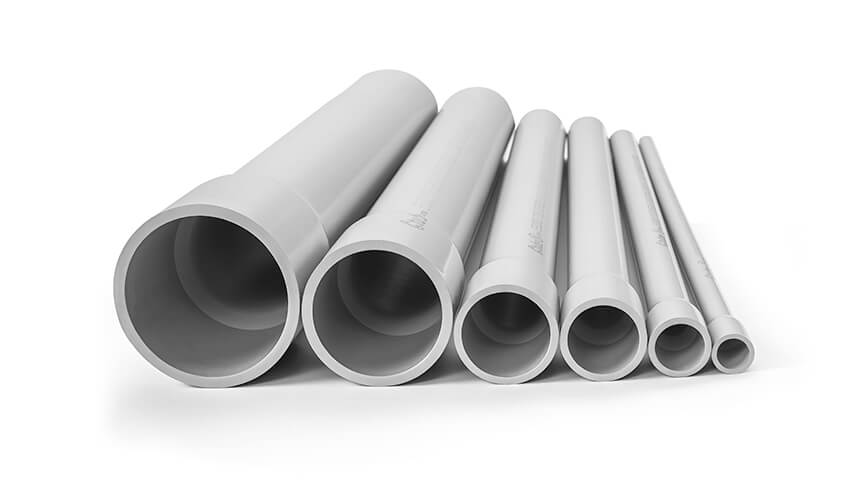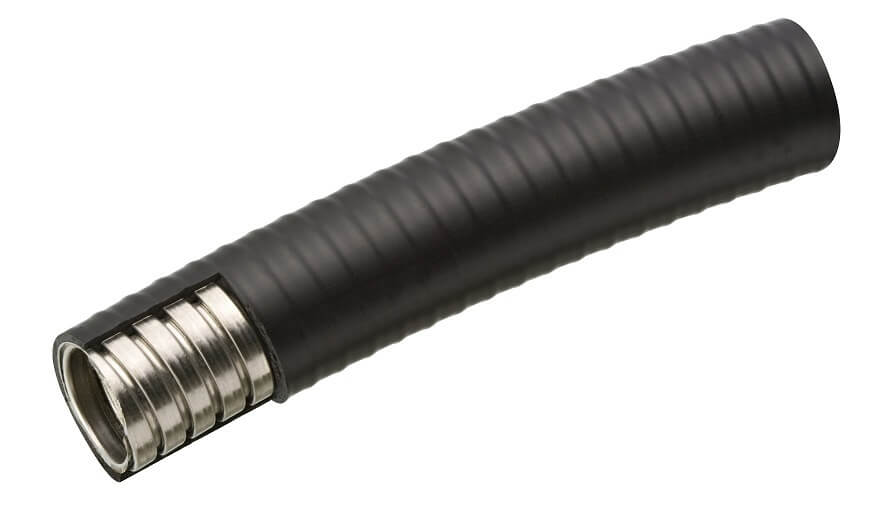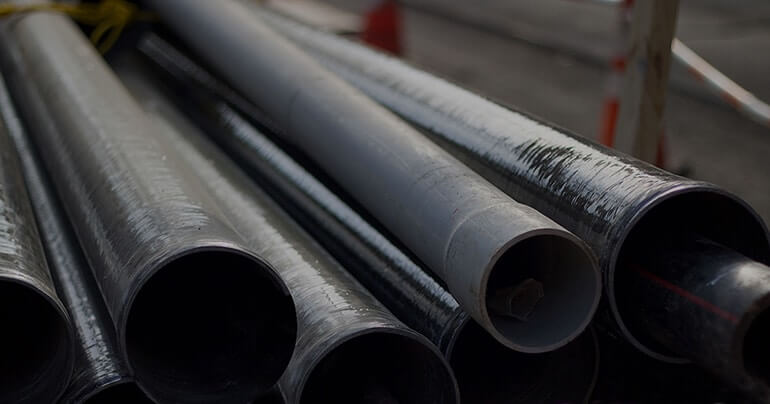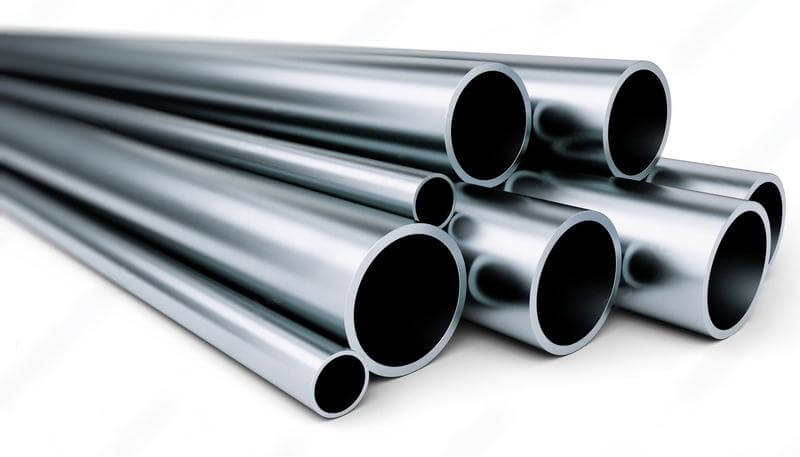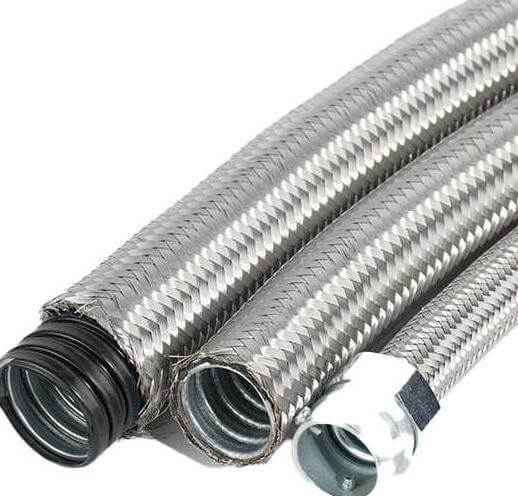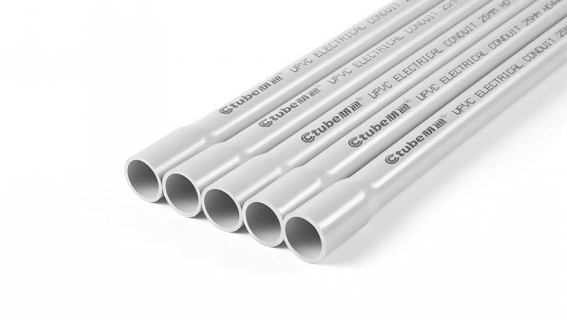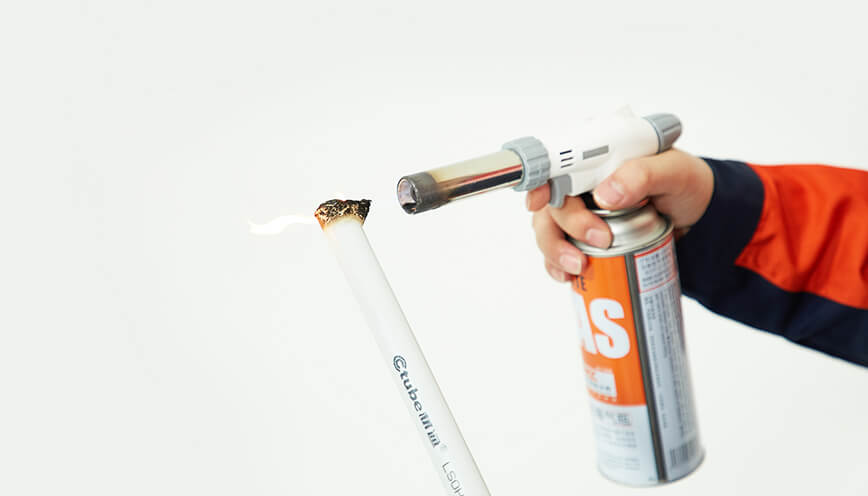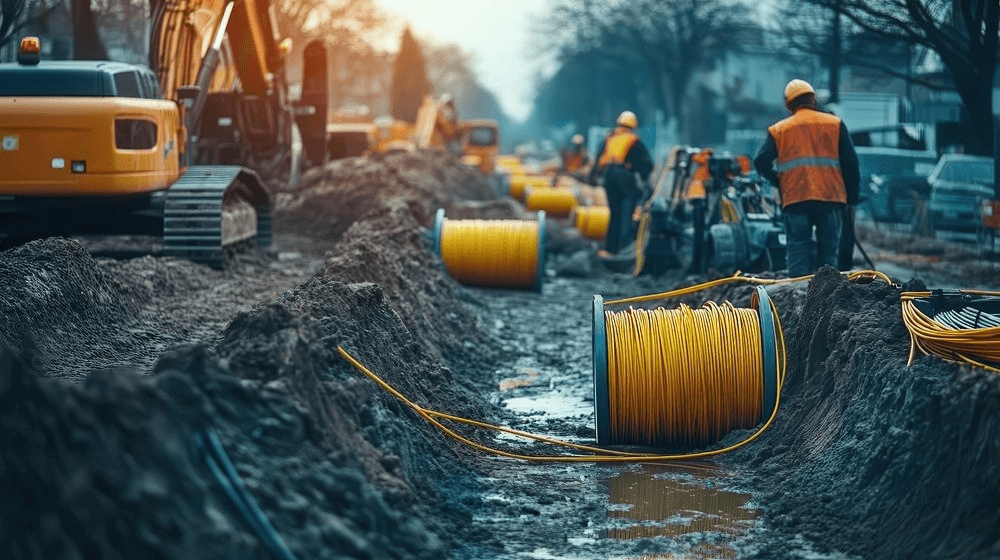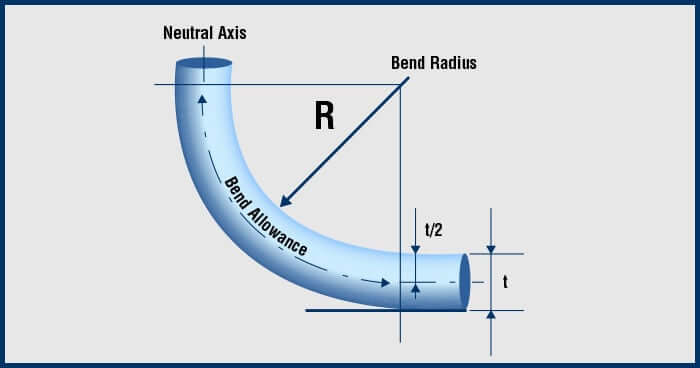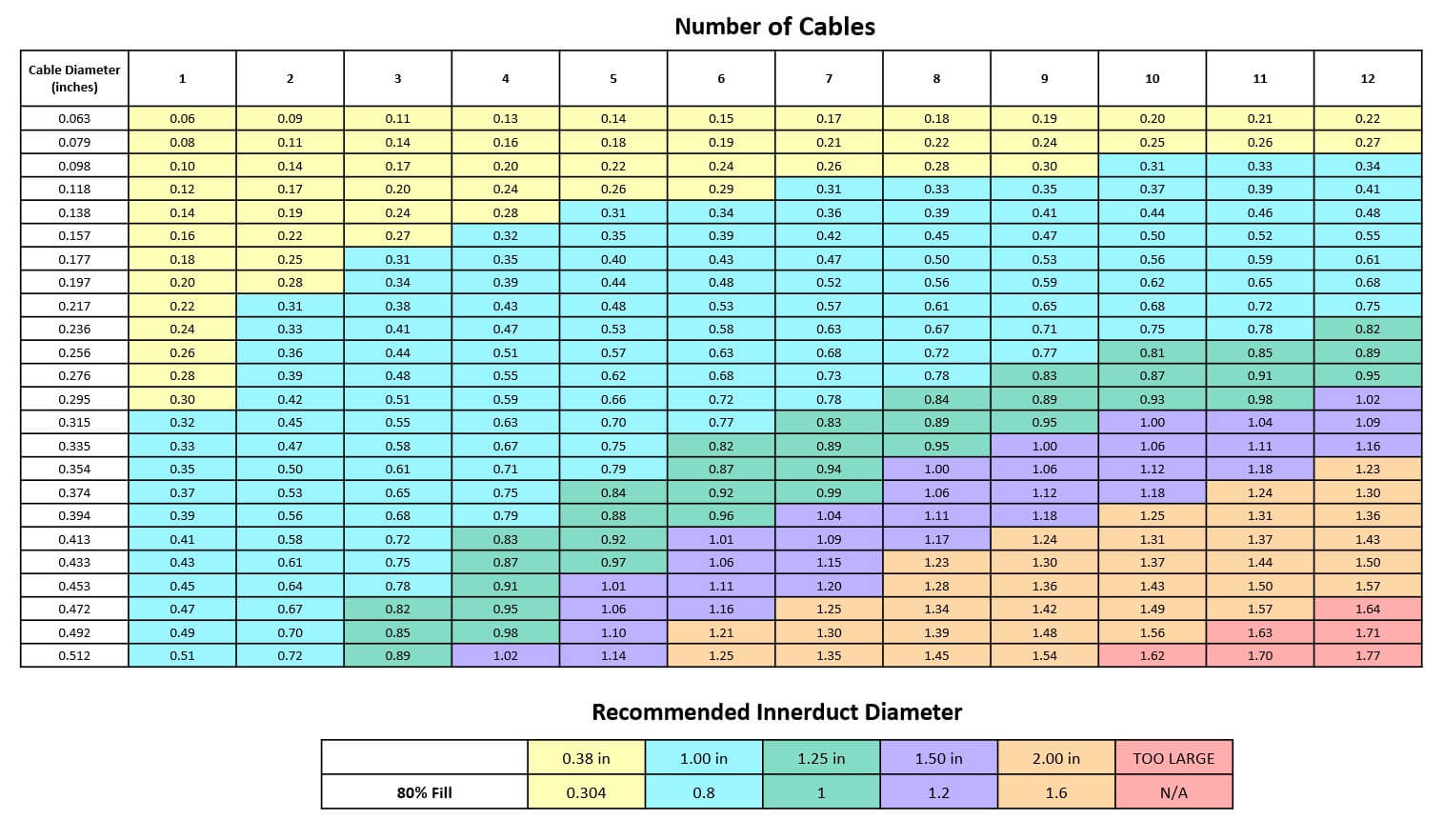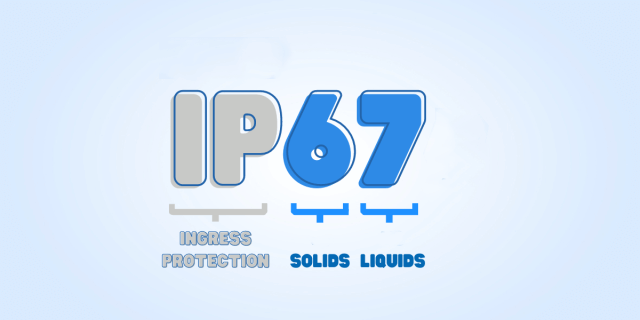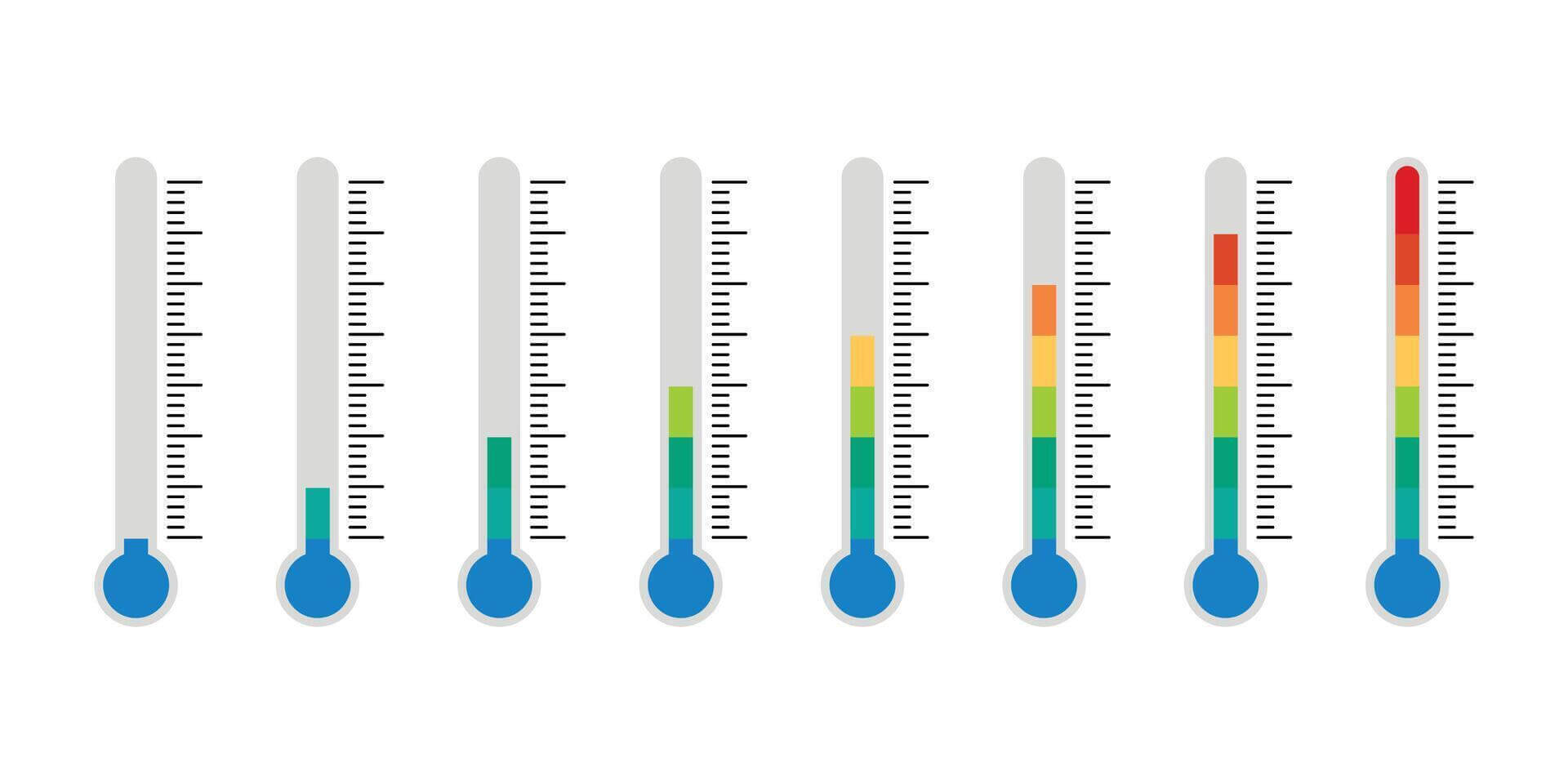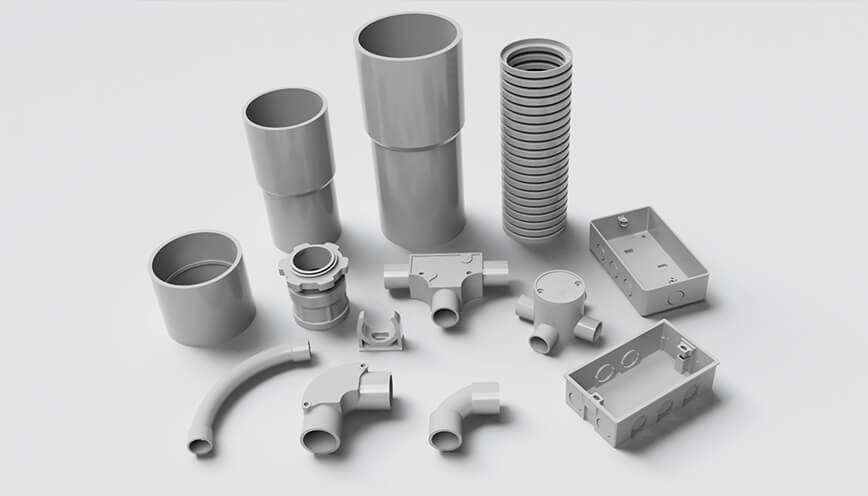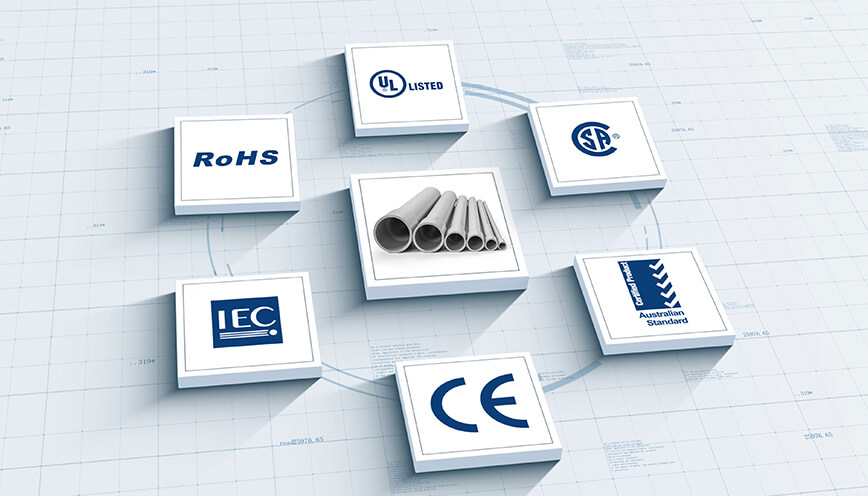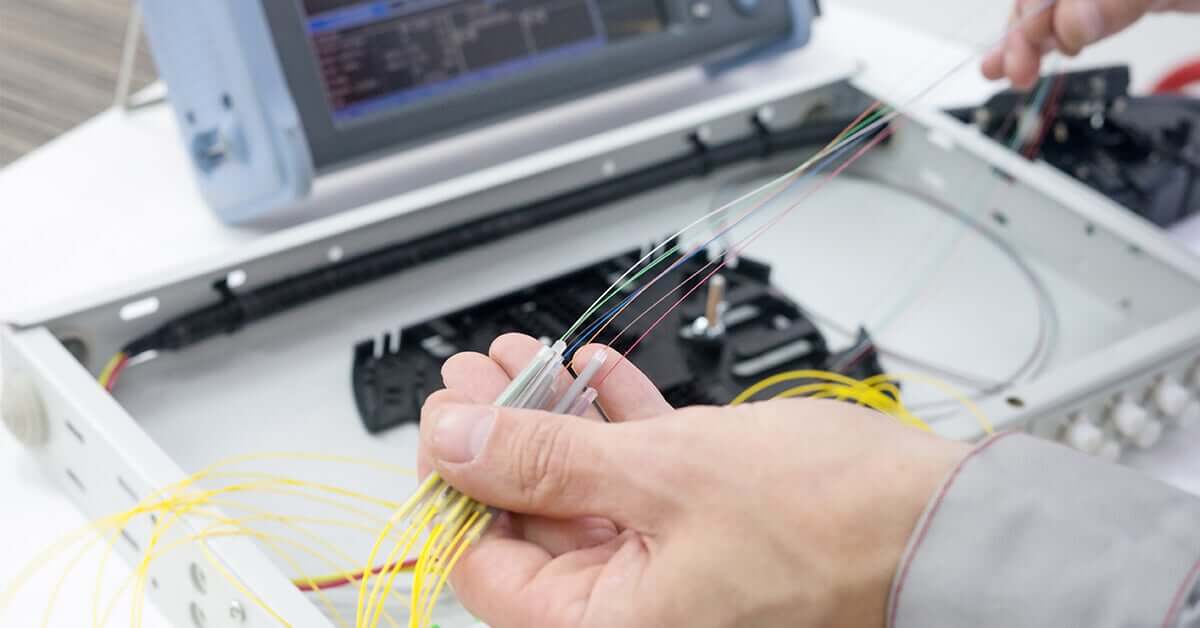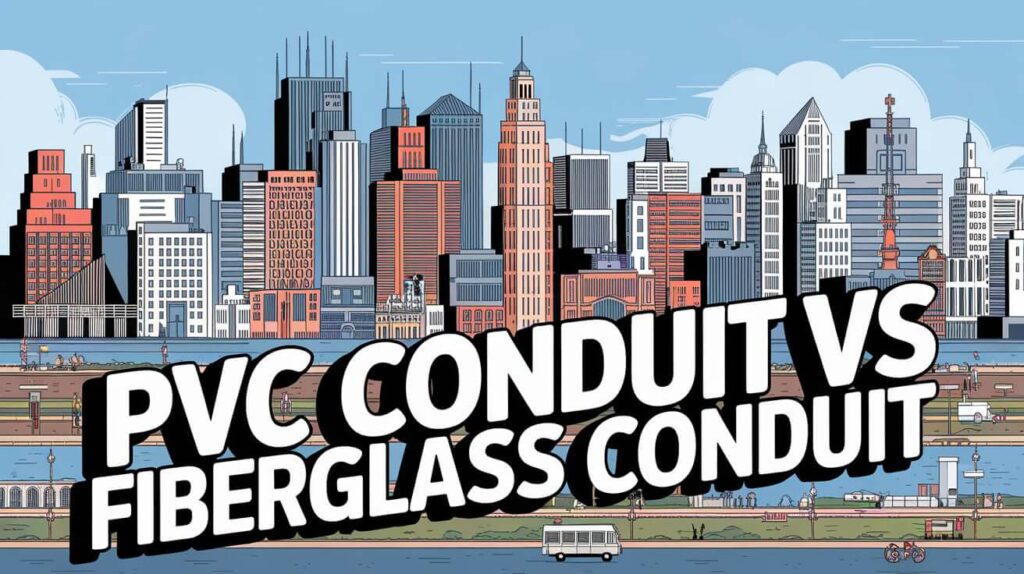Guide to Selecting the Best Conduit for Your Fiber Optic Project
1. Introduction
1.1 Overview of Fiber Optic Installations
Fiber optic technology is the backbone of modern communication, enabling high-speed internet, telecommunications, and data transmission across vast distances. Fiber optic cables offer exceptional bandwidth, higher data transfer rates, and minimal signal loss compared to traditional copper cables, making them the preferred choice for infrastructure in everything from residential broadband to global communication networks.
However, as efficient and durable as fiber optic cables are, they remain vulnerable to physical damage from environmental factors, mechanical impact, and interference. This is where the importance of conduit protection becomes evident. Conduits act as protective channels that house fiber optic cables, safeguarding them against external threats such as moisture, excessive heat, pressure, and UV exposure. The conduit ensures the safe and reliable functioning of fiber optic networks, reducing the risk of signal degradation, physical damage, and costly downtime.
In fiber optic installations, the selection of the right conduit is as crucial as the cable itself. The conduit must be robust enough to withstand potential environmental hazards, provide easy installation, and allow for long-term flexibility.
1.2 Purpose of the Guide
Throughout this guide, we will explore the various types of fiber optic conduits, their material properties, and their suitability for different installation environments. By understanding the unique needs of your fiber optic network, you can make informed choices that not only provide reliable protection but also enhance the overall efficiency of your system.
2. Understanding Fiber Optic Conduits
2.1 What Is Fiber Optic Conduit?
A fiber optic conduit is a protective tube or channel designed to house and safeguard fiber optic cables during installation. Made from various materials, these conduits protect the delicate fiber optic cables from physical damage, environmental hazards, and mechanical stress, which could otherwise lead to signal degradation, data loss, or expensive repairs.
Conduits come in various shapes, sizes, and materials depending on the specific needs of the installation, including rigid and flexible options, and may be used for both underground and above-ground applications.
2.2 Why Conduit Protection Is Critical for Fiber Optic Cables
Fiber optic cables are incredibly sensitive, consisting of fragile glass or plastic fibers that carry light signals for data transmission. Although these cables offer immense benefits in terms of speed and bandwidth, they are vulnerable to damage from a range of environmental and mechanical factors. This makes conduit protection a vital component of any fiber optic installation.
Physical Damage Protection: Fiber optic cables are delicate, and even slight physical damage—such as bending, crushing, or pulling—can compromise their performance or render them unusable. Conduit protection shields cables from external mechanical stress, such as accidental impacts, pressure from construction activities, or being crushed by other heavy objects.
Environmental Protection: Fiber optic cables can be exposed to harsh environmental elements that could lead to corrosion or degradation over time. For instance, water, humidity, or extreme temperature changes can cause fibers to swell, bend, or lose their transmission capabilities. Conduits provide a barrier that helps prevent moisture intrusion and temperature fluctuations from damaging the cables.
UV and Chemical Resistance: In outdoor installations, UV radiation from the sun can cause fiber optic cables to degrade and lose their effectiveness over time. Certain materials, such as PVC conduits with UV-resistant coatings, can protect cables from harmful UV rays. Additionally, underground or industrial installations may expose cables to various chemicals, and the right conduit provides a protective layer to prevent chemical damage to the fibers.
Organizing and Simplifying Installation: Conduits also serve an organizational purpose. They allow for structured, neat, and orderly cable routing, which is essential in large-scale installations. Proper organization not only improves the aesthetics of the installation but also simplifies troubleshooting and maintenance. It ensures that cables are easily accessible for any necessary repairs or upgrades.
Ease of Future Expansion: Fiber optic systems often undergo upgrades or expansions as technological demands increase. Conduits provide an easy way to install additional cables or replace damaged ones without disrupting the entire network. This makes conduit protection a key consideration for future-proofing fiber optic networks.
3. Types of Fiber Optic Conduits
3.1 Rigid vs. Flexible Conduits
Choosing the right type of conduit is essential for ensuring the safety and performance of your fiber optic installation. There are two main types of conduits: rigid and flexible.
3.1.1 Rigid Conduits
Rigid conduits are made from solid materials that provide high resistance to external mechanical forces. These are typically used in installations where the conduit needs to stay in one fixed position and resist damage from impacts, pressure, or extreme weather conditions. Common materials for rigid conduits include metal options like steel, aluminum and PVC, both of which offer excellent protection for fiber optic cables.
Advantages of Rigid Conduits:
- Durability: Rigid conduits can withstand physical damage from crushing, impact, and abrasion.
- Secure Protection: Ideal for underground or outdoor installations where fiber cables may be exposed to environmental threats such as water or soil pressure.
- Weather Resistance: Some rigid conduits are designed to resist UV degradation, which makes them suitable for outdoor use.
Applications:
- Used in underground or outdoor installations where the conduit will not need to be adjusted or re-routed.
- Essential for high-impact areas like construction sites, industrial facilities, or commercial buildings where extra protection is required.
3.1.2 Flexible Conduits
Flexible conduits, made from materials like flexible PVC or hybrid composites, are designed to provide versatility. These conduits can bend easily, making them suitable for tight spaces or areas where the route of the installation may change over time. Flexible conduits also tend to be lighter than rigid options, making them easier to install in areas with limited access.
Advantages of Flexible Conduits:
- Ease of Installation: The flexibility allows them to be installed quickly and with fewer adjustments.
- Adaptability: Ideal for spaces where the conduit may need to be re-routed or adjusted, such as in equipment or data centers.
- Lightweight: Easier to handle and install compared to rigid alternatives.
Applications:
- Commonly used in commercial environments, residential buildings, or data centers where the installation is in a confined space or where frequent rerouting might be needed.
- Suitable for use in electrical rooms or areas with changing layouts or future expansion needs.
3.2 Material Options for Fiber Optic Conduits
The material selected for a fiber optic conduit has a significant impact on its durability, performance, and cost-effectiveness. Below are some of the most common materials used for fiber optic conduits.
3.2.1 PVC Conduits
PVC is one of the most widely used materials for fiber optic conduits due to its excellent balance of cost, flexibility, and protection. PVC conduits are lightweight, durable, and easy to install. They offer protection from moisture, abrasion, and certain chemicals, making them suitable for many indoor and outdoor applications.
Advantages of PVC Conduits:
- Cost-Effective: PVC is generally more affordable than metal alternatives like steel or aluminum.
- Corrosion Resistance: Resistant to water, many chemicals, and corrosion, making it ideal for underground or outdoor applications.
- Lightweight: Easier to handle and install in comparison to metal conduits.
Applications:
- Ideal for residential, commercial, and industrial installations where ease of installation, affordability, and protection from the environment are key concerns.
- Commonly used for indoor applications in dry or moderate environments, as well as for underground applications where moisture is not a concern.
3.2.2 Hybrid Conduits
Hybrid conduits combine the strength of materials like steel or aluminum with the flexibility of PVC, creating a hybrid structure that offers the best of both worlds. The PVC coating provides resistance to moisture, while the metal core provides superior mechanical protection.
Advantages of Hybrid Conduits:
- Increased Strength: The metal core provides enhanced protection against physical impact and crushing.
- Flexibility and Protection: The PVC coating adds flexibility and corrosion resistance.
- Versatility: Suitable for installations where both flexibility and high-impact protection are needed.
Applications:
- Ideal for environments where fiber optic cables need both flexibility and high mechanical protection, such as industrial settings or locations with frequent physical interference or outdoor exposure.
- Used in areas that require conduit to endure significant bending or twisting while maintaining a high level of impact resistance.
3.2.3 Fiberglass Conduits
Fiberglass is a durable and corrosion-resistant material that provides excellent protection for fiber optic cables, especially in harsh environments. Fiberglass conduits are made by winding strands of glass fibers around a resin core, creating a lightweight yet strong conduit.
Advantages of Fiberglass Conduits:
- Corrosion and UV Resistance: Excellent for environments exposed to moisture, chemicals, or extreme weather conditions.
- High-Temperature Tolerance: Suitable for areas with high heat or fluctuating temperatures.
- Lightweight and Strong: Easier to handle than metal conduits while offering comparable strength.
Applications:
- Best suited for marine, chemical, or offshore installations, as well as industrial environments where temperatures fluctuate.
- Used for outdoor and underground applications where moisture and temperature changes may occur.
3.2.4 Stainless Steel Conduits
Stainless steel conduits provide outstanding mechanical protection and are ideal for environments where high-impact protection is essential. These conduits resist corrosion, are highly durable, and can withstand extreme physical damage, including crushing, abrasions, and impacts. Stainless steel also provides high resistance to both temperature fluctuations and environmental exposure.
Advantages of Stainless Steel Conduits:
- Superior Durability: Strong enough to withstand high-impact forces and environmental hazards.
- Corrosion Resistance: Does not degrade when exposed to harsh chemicals, saltwater, or other corrosive environments.
- Fire Resistance: Stainless steel has a high melting point, making it effective in fire-resistant applications.
Applications:
- Widely used in high-risk environments like manufacturing plants, offshore drilling sites, or areas with exposure to hazardous materials.
- Suitable for areas requiring heavy-duty protection against physical impacts, such as in transportation systems or construction sites.
3.2.5 Braided Electrical Conduits
Braided electrical conduits are highly flexible protective coverings designed to shield electrical wires and cables from physical damage, abrasions, and environmental hazards. Typically made from a combination of plastic or metal cores and braided materials like steel or polyester, these conduits offer superior durability and resistance to wear. The outer braided layer provides additional strength, making them ideal for use in applications where cables are exposed to constant movement, friction, or harsh conditions. Their versatility, combined with resistance to corrosion and temperature extremes, makes them a go-to solution for both industrial and commercial wiring needs.
Advantages of Braided Fiberglass Conduits:
- Impact and Abrasion Resistance: The braided exterior provides extra protection from mechanical damage.
- Flexibility: The core can bend easily, making it suitable for applications where complex routing or flexible installation is needed.
- High-Temperature Performance: Braided fiberglass can withstand high temperatures, making it ideal for industrial environments.
Applications:
- Ideal for industrial and construction environments where fiber optic cables may be exposed to impacts or abrasion.
- Used in heavy-duty applications such as in automotive, aerospace, and high-traffic industrial settings.
3.3 Specialty Conduit Types
For installations that require additional performance features or cater to specific environmental needs, specialty fiber optic conduits offer tailored solutions.
3.3.1 UV-Resistant Solar Conduits
UV-resistant solar conduits are specifically engineered to withstand prolonged exposure to ultraviolet (UV) rays from the sun. These conduits are typically made from materials that have been formulated or treated to resist degradation from UV radiation, ensuring that they maintain their structural integrity and functionality over time. This is crucial for outdoor electrical installations, particularly in solar power systems, where conduits are exposed to direct sunlight for extended periods.
Applications:
- Widely used in solar power installations, where conduits need to protect wiring from UV damage while running outdoors, often in exposed areas.
- Ideal for outdoor electrical installations in areas with high sun exposure, such as rooftops, parking lots, and solar farms.
- Suitable for use in residential, commercial, and industrial environments, particularly in solar panel systems and renewable energy projects.
- Essential in regions with extreme climates where UV radiation is intense and could lead to the degradation of standard conduit materials, potentially resulting in premature failure or safety hazards.
3.3.2 Low Smoke Halogen-Free (LSHF) Conduits
Low Smoke Halogen-Free (LSHF) conduits are designed to prevent the release of toxic halogen gases during a fire. These conduits are ideal for high-risk environments where the safety of both personnel and equipment is a priority. They minimize smoke and hazardous gas emissions, which could be deadly in a fire.
Advantages of LSHF Conduits:
- Fire Safety: The conduits do not release toxic gases when exposed to flames, reducing health risks during a fire.
- Environmental Safety: They are also a safer choice in green buildings and environmentally sensitive installations.
- Low Smoke Emission: Ideal for areas where smoke could obstruct visibility or create additional safety hazards during emergencies.
Applications:
- Typically used in data centers, hospitals, airports, and other critical infrastructure where safety and environmental concerns are paramount.
- Perfect for areas with high foot traffic or environments where a fire could cause significant damage to equipment or personnel.
4. Factors to Consider When Choosing Fiber Optic Conduit
4.1 Environmental Conditions
When selecting a fiber optic conduit, the environmental conditions in which it will be installed are one of the most critical factors to consider. Fiber optic cables are sensitive to extreme temperatures, moisture, and exposure to harsh chemicals, so the conduit chosen must be able to protect them adequately.
Temperature Extremes: Fiber optic cables can degrade if exposed to temperatures that exceed their rated limits. For installations in areas with extreme heat or cold, it’s essential to choose a conduit that can withstand these temperature fluctuations without compromising its performance. Fiberglass and stainless steel conduits are excellent choices in these cases, as they are resistant to temperature extremes and maintain their structural integrity across a wide range of conditions.
Moisture & Chemical Exposure: In environments that are prone to moisture, humidity, or chemical exposure (such as underground installations, industrial plants, or marine settings), selecting the right conduit material is crucial for protecting fiber optic cables. Fiberglass and stainless steel are known for their corrosion resistance, making them ideal for such applications. PVC-coated metal conduits can also offer an additional layer of protection against chemical damage, providing durability while remaining cost-effective.
4.2 Bend Radius Requirements
The bend radius is a critical factor when installing fiber optic cables. Fiber optic cables can be damaged if they are bent too sharply, causing performance issues such as signal loss or even physical damage to the fibers. Therefore, the type of conduit selected must accommodate the required bend radius for the installation.
Understanding Bend Radius: Each type of conduit and fiber optic cable has a specific minimum bend radius, which is the tightest curve the cable or conduit can be bent without causing damage. Flexible conduits generally have a much smaller bend radius than rigid ones, making them suitable for applications where tight bends are necessary. On the other hand, rigid conduits are better suited for installations with longer, straighter runs.
Conduit Sizing and Layout Considerations: To ensure that fiber optic cables do not exceed their minimum bend radius, careful planning of the conduit layout is essential. Flexible conduits like PVC or hybrid materials are excellent choices when the installation involves tight spaces or complex routing. Rigid conduits, while more durable, may not be as adaptable to complex layouts where frequent bending is required.
4.3 Conduit Fill Ratio
The conduit fill ratio refers to the amount of space occupied inside the conduit by cables, as a percentage of the conduit’s total internal volume. It’s a crucial factor to consider because overfilling the conduit can cause overheating, difficulty in cable installation, and, in extreme cases, damage to the cables.
Importance of Proper Fill Ratio: Overfilling a conduit can lead to several issues, including cable degradation due to excessive heat buildup and difficulty during future cable installation or upgrades. Industry standards typically recommend that no more than 40-50% of the conduit’s internal space be occupied by cables to allow sufficient airflow and ease of maintenance.
Industry Standards for Fill Ratios: Standards organizations, such as the National Electrical Code (NEC), provide guidelines for acceptable fill ratios depending on the type of conduit used. Following these standards ensures that fiber optic cables can perform optimally without risk of damage due to overcrowding or inadequate ventilation.
4.4 Protection Against Physical Damage
Fiber optic cables are delicate and can easily be damaged by physical forces such as crushing, puncturing, or abrasion. To prevent this, the conduit chosen must provide adequate protection against external mechanical impacts.
Impact Resistance: In environments with high foot traffic, industrial machinery, or potential physical impacts, it is essential to use a conduit that can resist crushing and other forms of damage. Metal conduits, such as galvanized steel or stainless steel, offer superior impact resistance and are often used in environments where cables are at risk of physical damage. These materials provide a strong barrier, preventing any external pressure from affecting the integrity of the fiber optic cables.
Covers and Additional Shields: In some applications, additional protective measures such as impact-resistant covers or shielded conduits may be necessary. These options provide extra protection in areas where the risk of damage is particularly high, such as construction zones, transportation systems, or outdoor installations.
4.5 UV Resistance and Durability
When installing fiber optic conduits outdoors or in areas exposed to direct sunlight, UV resistance is essential. Prolonged exposure to UV rays can degrade some materials, leading to brittleness, cracking, and overall failure of the conduit.
UV Resistance: Conduits exposed to sunlight must be UV-resistant to prevent material degradation. PVC conduits with added UV protection are commonly used for outdoor applications. Hybrid PVC materials that combine the flexibility of PVC with the added durability of metal are also an excellent choice when UV resistance is required.
Durability Over Time: Durability is a long-term consideration for any conduit installation. A conduit must not only be able to withstand initial environmental conditions but also perform effectively over many years. Fiberglass, PVC-coated metal, and stainless steel are some of the most durable options for fiber optic installations, providing long-lasting protection in both indoor and outdoor environments.
5. Key Conduit Specifications Reference for Conduit Choosing
When selecting the appropriate fiber optic conduit for your project, it’s essential to consider a range of specifications that ensure durability, safety, and long-term performance.
5.1 Ingress Protection (IP) Rating
The Ingress Protection (IP) rating system defines the level of protection a conduit provides against the intrusion of solids (such as dust) and liquids (such as water). It is particularly important in environments where the conduit might be exposed to harsh conditions, including rain, humidity, or dust. The IP rating consists of two digits: the first indicates protection against solid objects, and the second refers to protection against liquids.
First Digit (Solid Protection): Ranges from 0 to 6, with 0 indicating no protection and 6 providing complete protection against dust ingress.
Second Digit (Liquid Protection): Ranges from 0 to 9, with 0 indicating no protection and 9 providing protection against high-pressure, high-temperature water jets.
Water and Moisture Protection: For fiber optic systems used in outdoor, underground, or industrial settings, selecting a conduit with an appropriate IP rating helps protect the cables from damage caused by water ingress, which could lead to signal loss or equipment failure.
Dust and Debris Protection: In environments like manufacturing plants, construction sites, or coastal areas, dust and debris can accumulate inside conduits, which may damage the fibers. A high IP rating ensures the integrity of the installation.
For example,Ctube offers a range of products designed to meet the IP67 waterproof rating, ensuring protection against both dust and temporary immersion in water. IP67 means the product is dust-tight (no dust can enter) and can be submerged in water up to 1 meter for 30 minutes without damage.
5.2 Temperature Range
Choosing a conduit with the correct temperature resistance is crucial for maintaining the performance and integrity of fiber optic cables, especially in environments with extreme temperature fluctuations. The temperature range of a conduit refers to the lowest and highest temperatures at which it can safely operate without becoming brittle or losing flexibility.
Cold Temperature Resistance: In cold climates or refrigerated areas, conduits must be able to withstand low temperatures without cracking or becoming brittle. Fiber optic cables and their conduits are especially vulnerable to damage in freezing conditions.
Heat Resistance: In areas with high heat (such as industrial facilities, data centers, or outdoor environments with direct sunlight), the conduit must be able to resist deformation or degradation under prolonged exposure to high temperatures.
Protecting the Cable: Extreme temperatures can cause fiber optic cables to expand, contract, or become damaged. A conduit that can handle both extreme cold and heat helps ensure the longevity and performance of the entire fiber optic system.
Maintaining Signal Integrity: Excessive heat can damage the insulation around fiber optic cables, leading to signal degradation. Selecting a conduit with proper heat resistance ensures stable transmission and protection.
Fiber optic conduits come in different materials, each with its own temperature range. PVC conduits typically handle temperatures from -20°C to 60°C (-4°F to 140°F), making them suitable for moderate environments. Flexible PVC offers greater temperature flexibility, with a range from -30°C to 70°C (-22°F to 158°F), allowing it to withstand colder and hotter conditions. Fiberglass conduits are the most temperature-resistant, capable of withstanding extremes from -40°C to 120°C (-40°F to 248°F), making them ideal for harsh and high-temperature applications.
The temperature ranges provided above are for general reference only and should be verified with the supplier for specific products. For example, Ctube’s PVC conduits are rated for temperatures between -15°C and 105°C (5°F to 221°F), while their low-smoke halogen-free products can handle temperatures from -45°C to 150°C (-49°F to 302°F).
5.3 Fire Safety Standards
Selecting a conduit that meets fire safety standards is essential for minimizing the risk of fire and protecting both personnel and equipment. Fire ratings ensure that the conduit material can withstand exposure to fire or high heat, or in some cases, prevent the spread of flames.
NEC (National Electrical Code): The NEC sets standards for the installation of electrical systems, including fiber optic cables. NEC-compliant conduit materials must adhere to specific requirements for flame retardancy and fire resistance to prevent the spread of flames in case of fire.
Low Smoke and Halogen-Free (LSHF): For environments where the safety of personnel is a concern, such as hospitals, airports, or data centers, conduits with low smoke and halogen-free (LSHF) properties are essential. These conduits minimize the amount of smoke and toxic gases released in the event of a fire, reducing health risks and improving evacuation times.
RoHS (Restriction of Hazardous Substances): RoHS certification ensures that the conduit is free from hazardous materials, such as lead, mercury, cadmium, and other toxic substances. This certification is especially important in environmentally sensitive installations or areas where health and safety regulations are strict.
UL Listed: A UL Listing indicates that the conduit has been tested by Underwriters Laboratories (UL) and meets safety standards for its intended use. UL Listed conduits undergo rigorous testing to ensure their performance, including their fire resistance, impact resistance, and electrical safety. This certification provides assurance that the product is safe to use in fiber optic installations.
CSA (Canadian Standards Association): For installations in Canada, CSA certification ensures that the conduit meets safety and performance standards.
CE Marking: For products sold in the European Union, the CE marking indicates that the product complies with EU health, safety, and environmental regulations.
6. Fiber Optic Conduit for Specific Applications
Fiber optic cables are essential for high-speed communication systems, and the type of conduit used for their installation plays a crucial role in ensuring optimal performance, safety, and durability. Different applications, whether underground, overhead, in-building, or in specialty environments, each require specific conduit solutions tailored to the unique conditions they present. Below, we will explore the best practices and conduit recommendations for various fiber optic installation environments.
6.1 Underground Fiber Optic Installations
Underground fiber optic installations require conduit systems that can protect cables from environmental factors such as soil pressure, moisture, chemical exposure, and mechanical damage from digging or other underground activities. The right conduit ensures long-term durability and prevents fiber degradation or failure.
Rigid PVC Conduit: Offers excellent protection against physical damage and corrosion, making it ideal for underground use where moisture and pressure may be an issue. It is lightweight and resistant to chemicals in the soil.
HDPE Conduit (High-Density Polyethylene): This flexible, durable conduit is commonly used for underground installations due to its resistance to impact, UV radiation, and its flexibility, making it easier to install around curves and obstacles. It is especially useful for directional boring installations.
Fiberglass Conduit: A great choice for environments with highly corrosive soil or extreme conditions. It provides resistance to chemicals and high temperatures, ensuring fiber optic cables remain protected over long periods.
6.2 Overhead (Aerial) Fiber Optic Installations
Aerial fiber optic installations require conduits that can withstand exposure to the elements, such as wind, UV radiation, and temperature fluctuations. The conduit must also be capable of supporting the weight of the fiber optic cable and ensuring its protection from external damage.
UV-Resistant PVC Conduit: Standard PVC conduit with UV-resistant additives is often used in aerial installations because it can resist degradation caused by prolonged exposure to sunlight.
Steel Conduit (Galvanized or Stainless): Steel conduits are excellent for aerial installations due to their robustness and ability to withstand extreme weather conditions, including high winds and physical impact. Galvanized steel, in particular, provides added protection against corrosion.
Fiber Reinforced Polymer (FRP) Conduit: FRP conduits offer an optimal balance of strength, light weight, and resistance to environmental factors, making them suitable for aerial fiber optic cable installations.
6.3 In-building Fiber Optic Installations
In-building installations often take place within walls, ceilings, or conduits that run along floors or roofs of commercial, industrial, or residential buildings. These installations require conduits that are easy to install, flexible, and provide sufficient protection against potential internal hazards such as fire or impact.
Flexible Conduit: Flexible conduit options such as Flexible PVC or LSZH (Low Smoke Zero Halogen) conduit are commonly used in in-building installations due to their flexibility and ease of installation. Flexible conduits are ideal for routing around corners or through tight spaces without needing additional fittings.
Rigid PVC Conduit: In areas where extra mechanical protection is needed, rigid PVC conduits provide excellent protection from physical damage and have a higher crush resistance than flexible alternatives.
Metal Conduit (EMT or IMC): In some commercial or industrial buildings, metal conduits like Electrical Metallic Tubing (EMT) or Intermediate Metal Conduit (IMC) are used for enhanced physical protection, especially in areas prone to mechanical damage or fire hazards.
7. Best Practices for Installing Fiber Optic Conduits
Proper installation of fiber optic conduits is critical to ensuring the long-term performance, durability, and safety of your fiber optic network. Below are key best practices that should be followed during the planning, installation, and maintenance phases of fiber optic conduit systems.
7.1 Planning the Conduit Path
The first step in any successful fiber optic conduit installation is careful planning. Proper path design ensures efficient cable routing, minimizes the risk of physical damage, and ensures compliance with regulatory standards.
Conduct a Site Survey: Before starting, perform a thorough site survey to assess the environment. Identify potential obstacles such as underground utilities, trees, or buildings that could affect the routing of the conduit. This survey helps in determining the most efficient path for installation.
Consider Accessibility: Ensure that the conduit path is easily accessible for future maintenance, repairs, or upgrades. Avoid placing conduits in locations that are hard to reach, such as behind permanent walls or floors.
Allow for Expansion: Plan the conduit path with future expansion in mind. Fiber optic networks may need additional capacity as demand increases, so it’s wise to leave room for adding more cables or spare conduits when necessary.
Follow Regulations: Ensure that your conduit path complies with local and international regulations, such as NEC (National Electrical Code) for electrical installations and any specific codes for fiber optics. These regulations govern how far conduit can run, bend, and the methods used for securing and sealing the conduit.
7.2 Ensuring Proper Sizing
Choosing the correct size of fiber optic conduit is crucial for both the protection of cables and the efficient use of available space. Proper sizing ensures that the cables fit easily within the conduit and that there is enough space for potential future expansions.
Follow Conduit Fill Guidelines: The National Electrical Code (NEC) recommends that a conduit be filled to no more than 40% of its total capacity for fiber optic cables. This allows room for air circulation, reduces the risk of heat buildup, and facilitates easier installation of future cables.
Account for Cable Type and Quantity: Fiber optic cables vary in size, so it’s important to account for the specific type of fiber optic cables being used, including their diameter and the number of cables you plan to install. For example, a bundle of multiple fiber cables will require a larger conduit compared to a single cable.
Consider Bend Radius: Fiber optic cables have a limited bend radius, and the conduit must be large enough to accommodate the cables without forcing them into tight bends. Installing too small of a conduit can result in cable strain, which could degrade the performance or even damage the cables. Ensure the conduit allows for the manufacturer’s minimum bend radius.
7.3 Common Installation Tips
Correct Sealing and Joining: When joining multiple lengths of conduit, it’s important to use the right connectors and ensure that joints are properly sealed. Failing to seal conduit joints properly can allow moisture, dirt, and other debris to enter the conduit, damaging the fiber optic cables over time.
Attention to Conduit Support: Conduits need to be supported at regular intervals to prevent sagging and ensure they remain stable. Use appropriate support brackets and hangers as per the conduit manufacturer’s guidelines. Unsupported conduits may shift over time or be damaged, causing issues with the fiber optic installation.
Grounding and Bonding: Fiber optic conduits, especially metal conduits, need to be properly grounded and bonded to prevent electrical interference or hazards. Improper grounding can lead to signal degradation or safety issues. Follow grounding procedures as per industry standards.
Maintaining Fiber Optic Conduits: Routine maintenance of fiber optic conduits is essential to ensure the network remains reliable and functional over time. Start by periodically inspecting the conduit for signs of physical damage, such as cracks, dents, or deformations, which can compromise its integrity. Additionally, dust, dirt, and debris can accumulate inside the conduit, especially in areas exposed to the elements, potentially obstructing the performance of the fiber optic cables.
Use appropriate cleaning methods to keep the conduit clear of any obstructions. It’s also important to check that all conduit seals are intact to prevent moisture from entering, particularly in underground or outdoor installations. In such cases, consider using moisture barriers or water-resistant conduit to safeguard the system. Regular attention to these factors will help maintain the conduit’s effectiveness and extend the lifespan of the fiber optic network.
8. Cost Considerations
When selecting fiber optic conduits, cost is a crucial factor that impacts both the initial installation and the long-term operational budget. A comprehensive understanding of the costs involved helps in making informed decisions that balance budget constraints with performance and durability requirements.
8.1 Initial Installation Costs and Long-term Maintenance and Durability
The initial installation cost includes expenses associated with purchasing conduit materials, labor for installation, and any necessary accessories or connectors.
Material Choice: Different conduit materials come with varying price points. For example, PVC conduits are generally more affordable than stainless steel or hybrid conduit systems. The choice of material will directly affect the upfront cost.
Conduit Size and Length: Larger diameter conduits or those installed over longer distances will increase material costs. Additionally, more elaborate installation paths that require digging, trenching, or aerial installations can drive up labor costs.
Installation Labor: Labor costs vary depending on the complexity of the installation. For example, installing fiber optic conduit in an underground setting may require more labor-intensive processes like trenching, which can be more expensive than overhead or in-building installations.
Specialty Conduits: If the installation requires specialty conduits, such as low smoke halogen-free conduits or corrosion-resistant options for harsh environments, this can add to the initial costs. These types of conduits often come at a premium due to their specific safety or environmental benefits.
While the initial costs are important, the long-term maintenance and durability of the conduit system can often outweigh the upfront investment. Factors that influence long-term costs include:
Material Durability: The lifespan of the conduit material plays a significant role in reducing maintenance costs. A durable conduit system that resists damage from physical impacts, moisture ingress, or temperature fluctuations will incur lower repair and replacement costs. Choosing lower-cost, less durable options may result in higher long-term costs due to the need for frequent repairs or system replacements.
8.2 Cost-Saving Measures
While it may seem like opting for cheaper conduit materials is always the most cost-effective option, there are several strategies to reduce costs in the short term without sacrificing performance or durability.
Optimal Conduit Sizing: Properly sizing the conduit to avoid overfilling or undersizing can save money both on materials and on the installation process. Conduits that are too large can waste material costs, while ones that are too small may require costly upgrades or repairs later.
Pre-fabricated Conduits and Accessories: In some cases, opting for pre-fabricated conduit systems can lower labor costs and installation time. Pre-fabricated connectors, elbows, and fittings can reduce the need for custom fabrication, leading to faster, cheaper installation.
Bundling Cables: Installing multiple fiber optic cables within a single conduit, when possible, can reduce the overall number of conduits required, saving both on material and labor costs. This method also reduces the installation complexity and time.
9. Conclusion
To make the best choice for your fiber optic project, it is recommended to carefully evaluate the installation environment and its specific demands. For instance, underground installations may require more robust, corrosion-resistant conduits, while overhead installations may prioritize flexibility and durability in different conditions. And adhering to industry standards and certifications, such as RoHS compliance or UL ratings, ensures that the installation meets safety and quality regulations.
Additionally, understanding the importance of key specifications such as ingress protection (IP) ratings, temperature range, and fire safety standards is vital to ensure the conduit can withstand environmental conditions and provide long-term protection for fiber optic cables.
Working with industry professionals or conduit manufacturers is highly advised, as they can offer insights based on your project’s scale, location, and budget.
For those seeking reliable, high-quality conduit and fittings solutions, Ctube, a professional manufacturer of PVC and specialty conduits, offers a comprehensive range of products designed to meet the specific needs of fiber optic installations. With a commitment to durability, safety, and performance, Ctube provides conduit options that are tested to withstand extreme environments, ensuring the protection of your valuable fiber optic infrastructure. Ctube’s extensive expertise and innovative product designs make them an ideal partner for your fiber optic conduit requirements.
Thanks for your reading, and good luck with your projects.
FAQs
1. Can I Use PVC Conduit for Fiber Optic Cables?
Yes, PVC conduits are often used for fiber optic installations because they offer a good balance of flexibility, cost-effectiveness, and ease of installation. However, when selecting PVC conduit, ensure that it is rated for the specific application, whether it’s for underground or indoor use.
2. How Do I Calculate the Proper Size for Fiber Optic Conduit?
To calculate the proper size for fiber optic conduit, you need to consider the total diameter of the cables being used, as well as the conduit fill ratio. A general guideline is to use the National Electrical Code (NEC) fill calculations, which recommend that the conduit should be filled no more than 40% with cables to allow space for future expansion and to ensure proper airflow for cooling. It’s important to measure both the number of cables and their diameter accurately to avoid over-filling.
3. What Are Low Smoke Halogen-Free Conduits, and When Should I Use Them?
Low smoke halogen-free conduits are designed for installations where fire safety is a primary concern, such as in hospitals, data centers, or areas with sensitive electronics. These conduits emit little to no smoke or toxic gases when exposed to fire, which is critical for protecting personnel and equipment. If your installation is in a confined space or high-risk environment, these types of conduits should be considered.
Guide to Selecting the Best Conduit for Your Fiber Optic Project Read More »



